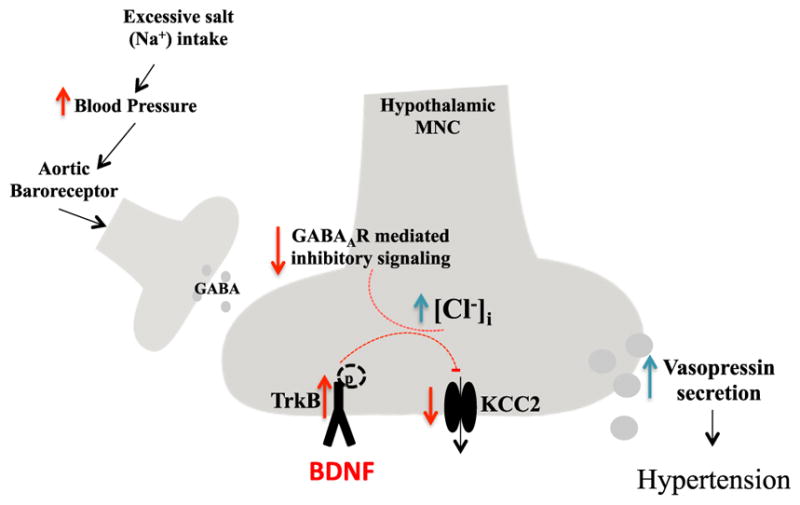Figure 1. BDNF Signaling Mediates High Dietary Salt Intake-Induced Hypertension.

Salt consumption elevates blood pressure, which activates aortic baroreceptor-mediated GABAergic signaling in the hypothalamus, thereby reducing the secretion of vasopressin from magnocellular neurosecretory cells (MNCs). However, regular consumption of high-salt diets can impair this feedback loop. Chronic high salt intake causes downregulation of K+/Cl− co-transporter 2 (KCC2) in MNCs by a mechanism involving activation of the TrkB receptor by brain-derived neurotrophic factor (BDNF). In this way, BDNF signaling causes a collapse of the plasma membrane Cl− gradient that disables inhibitory GABAergic input to the MNCs, resulting in increased excitability of those cells and vasopressin secretion. Vasopressin increases blood pressure by acting on kidney cells to promote water retention and by promoting constriction of blood vessels.
